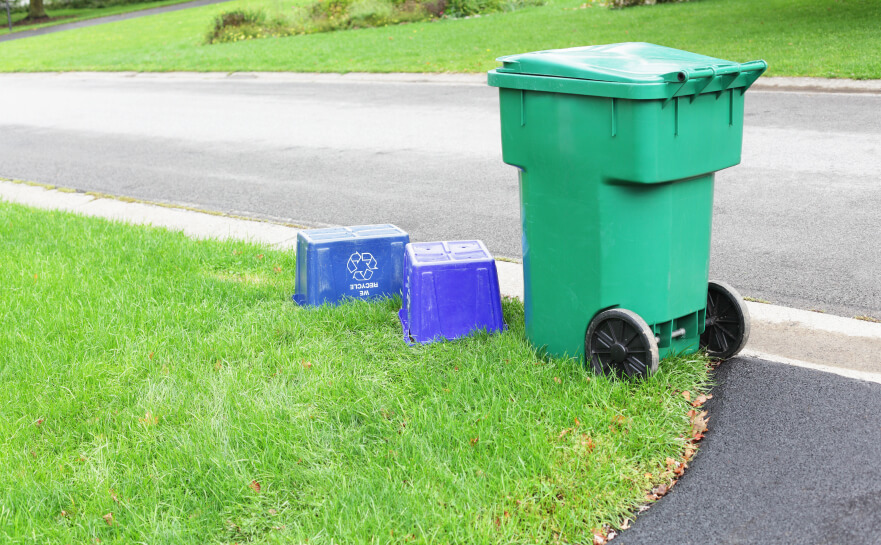Just like everything else, it seems that no recycling experience is the same, especially when you look at how people recycle in different cities across the country.
To get a sampling of everyday recycling, I asked five people from all over the country — ranging from the Southwest, to the Midwest, to the South — about what their daily experience with recycling was like. Some said that their cities provided bins and it was easy to recycle, while others said their city charged extra for curbside recycling, so they had to do it themselves to avoid the extra fees.
Yet, most of the group agreed that they would like more information about what happens to the recyclables once they are collected. Having a better grasp on this, my subjects said, would inspire them to become better recyclers.

- Faysal, an IT professional who lives with his wife and daughter in an apartment complex in Evanston, IL
- Naz, an electrical engineer who lives with her husband and two daughters in a single-family home in Alpharetta, GA
- Shabana, a stay-at-home mom who lives with her husband and four kids in a single-family home in Carlsbad, CA
- Shah, an IT professional who lives with his wife and two kids in a single family home in Chandler, AZ
- Rose, a tailor who lives with her husband and daughter in a single-family home in Brownsburg, IN